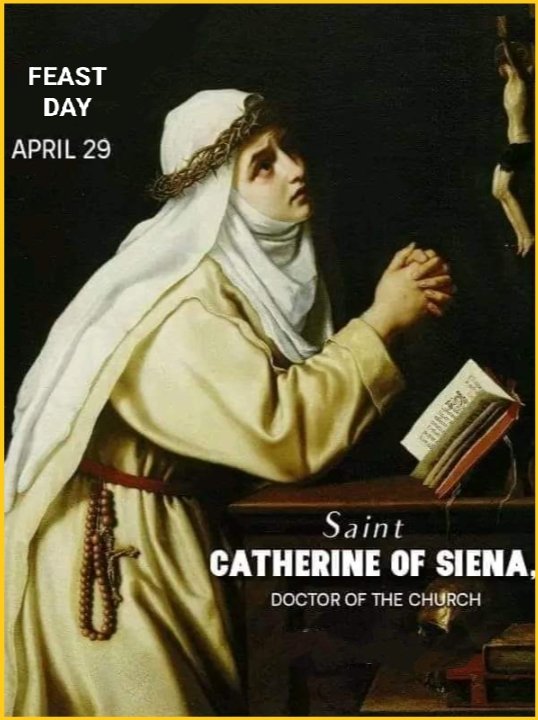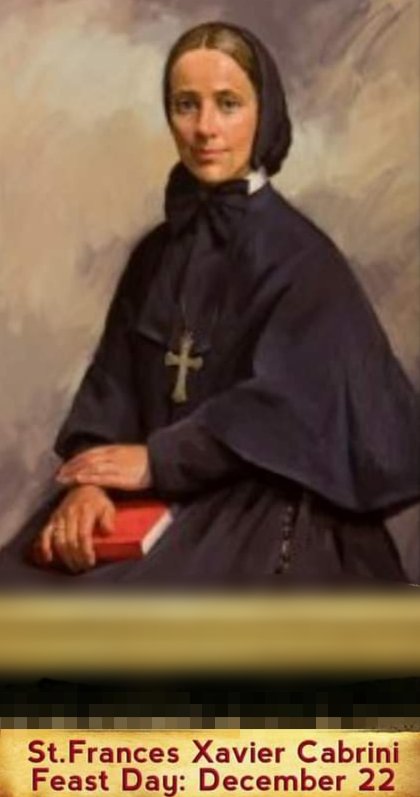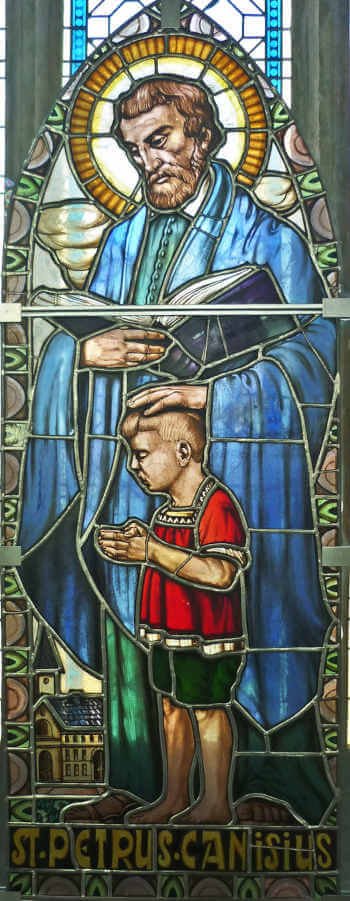
MONTHLY DEVOTIONAL FOR 28th APRIL
April 28, 2023
Galatians 2:20
April 29, 2023FEAST OF SAINT CATHERINE OF SIENA, MYSTIC AND DOCTOR OF THE CHURCH
FEAST DAY – 29th APRIL

St. Catherine of Siena (25 March 1347 – 29 April 1380) was born during the outbreak of the plague in Siena, Italy, on March 25, 1347. She was the 25th child born to her mother, although half of her brothers and sisters did not survive childhood. Catherine herself was a twin, but her sister did not survive infancy. Her mother was 40 when she was born. Her father was a cloth dyer.
Saint Catherine of Siena was a great philosopher and theologian and is considered a Doctor of the Church. She is the patron saint of fire prevention, illness, miscarriage, Europe and nurses.

At the age of 6, a vision of the Lord came to her and she became very spiritual. She died at the early age of 33 and was canonized in 1461. In 1970, Pope Paul VI granted her the title of Doctor of the Church.
At the age of 16, Catherine’s sister, Bonaventura, died, leaving her husband as a widower. Catherine’s parents proposed that he marry Catherine as a replacement, but Catherine opposed this. She began fasting and cut her hair short to mar her appearance. She was adamant in her choice of life and did not wish to marry at all.
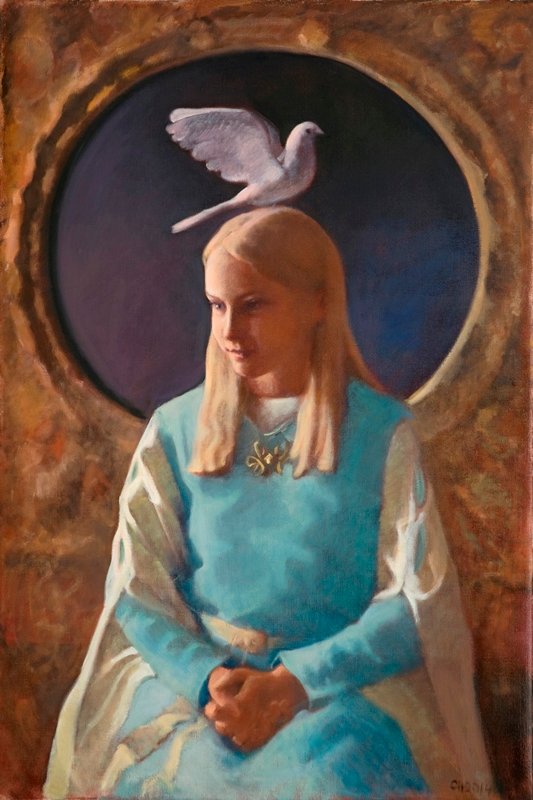
Her parents attempted to resist this move, to avoid marriage, but they were unsuccessful. Her fasting and her devotion to her family, convinced them to relent and allow her to live as she pleased.
Catherine once explained that she regarded her father as a representation of Jesus and her mother as Our Lady, and her brothers as the apostles, which helped her to serve them with humility. Despite Catherine’s religious nature, she did not choose to enter a convent.
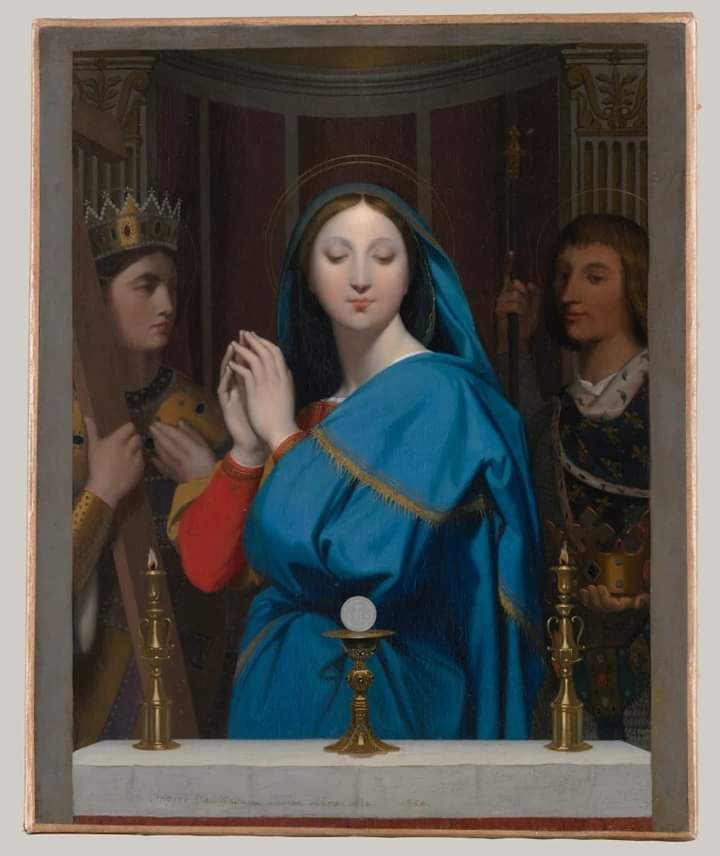
Instead, she joined the Third Order of St. Dominic, which allowed her to associate with a religious society while living at home. Fellow Dominican sisters taught St. Catherine how to read. Meanwhile, she lived quietly, isolated within her family home.
St. Catherine developed a habit of giving things away and she continually gave away her family’s food and clothing to people in need. She never asked permission to give these things away, and she quietly put up with their criticisms. The virgin Catherine was espoused to Christ by a precious nuptial ring which, although visible only to her, always remained on her finger.

In her vision, she was told to re-enter public life and to help the poor and sick. She immediately rejoined her family and went into public to help people in need. Unbelievable were her austerities, her miracles, her ecstasies. The reputation of her sanctity soon spread abroad; thousands came to see her, to be converted by her.
The priests associated with her, having received extraordinary faculties of absolution, were unable to accommodate the crowds of penitents. She was a helper and a consoler in every need.
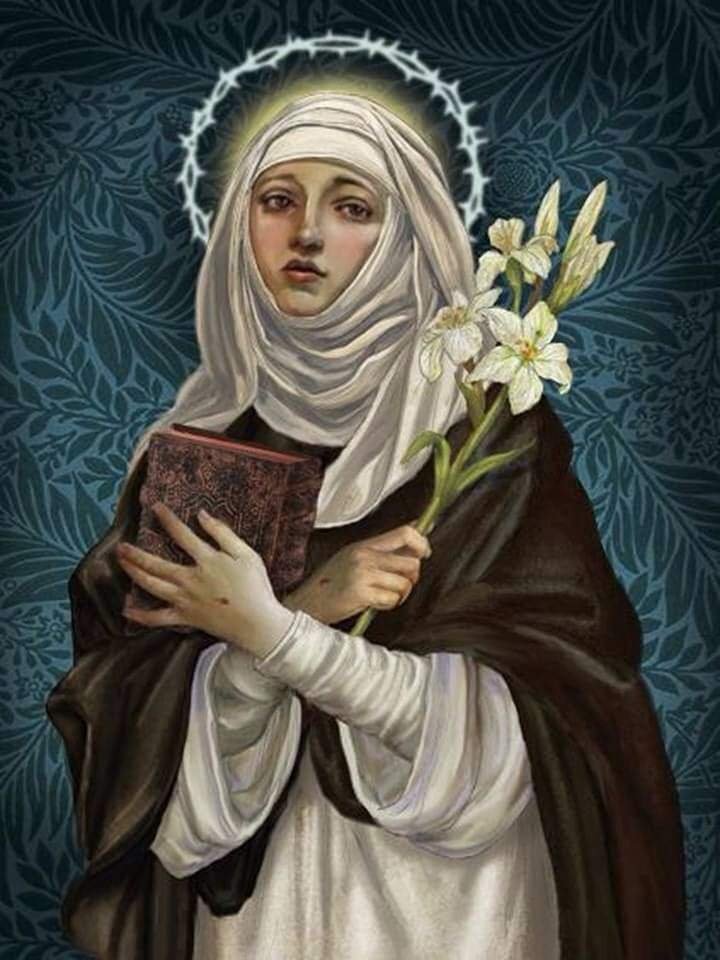
She often visited hospitals and homes where the poor and sick were found. Her activities quickly attracted followers who helped her in her mission to serve the poor and sick.
St. Catherine was drawn further into the world as she worked, and eventually she began to travel, calling for reform of the Church and for people to confess and to love God totally. She became involved in politics, and was key in working to keep city states loyal to the Pope. She was also credited with helping to start a crusade to the Holy Land.

On one occasion, she visited a condemned political prisoner and was credited with saving his soul, which she saw being taken up to heaven at the moment of his death. St. Catherine allegedly was given the stigmata, but like her ring, it was visible only to herself. She took Bl. Raymond of Capua as her confessor and spiritual director.
From 1375 onwards, St. Catherine began dictating letters to scribes. She petitioned for peace and was instrumental in persuading the Pope in Avignon to return to Rome. She became involved in the fractured politics of her time, but was instrumental in restoring the Papacy to Rome and in brokering peace deals during a time of factional conflict among Italian city states.
She also established a monastery for women in 1377 outside of Siena. She is credited with composing over 400 letters, her Dialogue, which is her definitive work, and her prayers. These works are so influential that Saint Catherine would later be declared a Doctor of the Church. She is one of the most influential and popular saints in the Church.
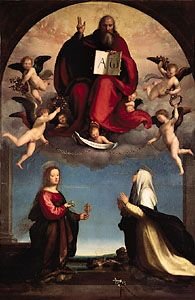
Catherine received private revelations from God the Father, which are recorded in The Dialogues. Some words of the Heavenly Father especially relevant to the Church in today’s world are these: “The sins of the clergy should not lessen your reverence for them” (Dialogue 116).
The Lord also told her: “The reverence you pay to [priests] is not actually paid to them but to me, in virtue of the blood I have entrusted to their ministry. If this were not so, you should pay them as much reverence as to anyone else, and no more. It is this ministry of theirs that dictates that you should reverence them and come to them, not for what they are in themselves but for the power I have entrusted to them, if you would receive the sacraments of the Church….
“So the reverence belongs not to the ministers, but to me and to this glorious blood made one thing with me because of the union of divinity with humanity. And just as the reverence is done to me, so also is the irreverence, for I have already told you that you must not reverence them for themselves, but for the authority I have entrusted to them. Therefore you must not sin against them, because if you do, you are really sinning not against them but against me. This I have forbidden, and I have said that it is my will that no one should touch them” (Dialogue 116).
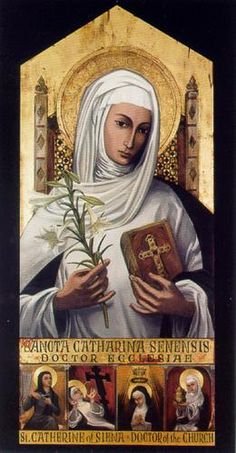
To encourage them to follow God’s will, this humble saint sent letters to many of her contemporaries, including popes and secular rulers. In fact, she was able to persuade Pope Gregory XI to return to Rome after the popes had resided at Avignon instead of Rome for almost 70 years.
This holy saint was a great lover of the Holy Eucharist; Pope Benedict XVI makes mention of this in his Apostolic Exhortation Sacramentum Caritatis. She loved to receive Jesus in Holy Communion. “O You who are mad about Your creature! True God and true Man, You have left Yourself wholly to us, as food, so that we will not fall through weariness during our pilgrimage in this life, but will be fortified by You, and by Your celestial nourishment.”
By 1380, the 33-year-old mystic had become ill, possibly because of her habit of extreme fasting. Her confessor, Raymond, ordered her to eat, but she replied that she found it difficult to do so, and that possibly she was ill. In January of 1380, her illness accelerated her inability to eat and drink. Within weeks, she was unable to use her legs. She died on April 29, following a stroke just a week prior.
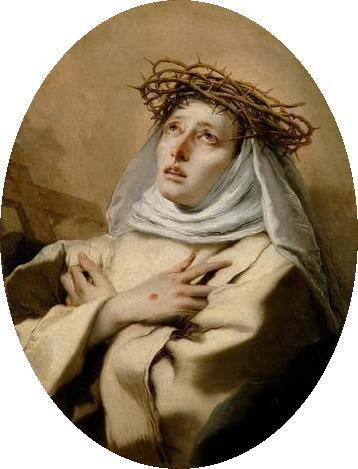
What can we learn from St. Catherine? In Pope Benedict XVI’s General Audience where he spoke about St. Catherine, he stated: “Like the Sienese saint, every believer feels the need to be conformed with the sentiments of the heart of Christ to love God and his neighbor as Christ himself loves.
And we can all let our hearts be transformed and learn to love like Christ in a familiarity with him that is nourished by prayer, by meditation on the Word of God and by the sacraments, above all by receiving Holy Communion frequently and with devotion.”
St. Catherine’s feast day is April 29. She is the patroness against fire, illness, the United States, Italy, miscarriages, people ridiculed for their faith, sexual temptation, and nurses, bodily ills, Europe, fire prevention, fire-fighters, Siena, Italy and temptations.
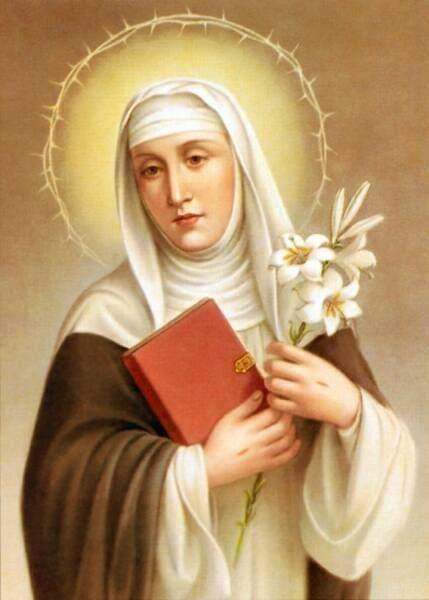
COLLECT PRAYER
O God, You set Saint Catherine of Siena on fire with divine love in her contemplation of the Lord’s Passion and her service of your Church with the utmost humility of spirit.
Grant, through her intercession, that your people, participating in the mystery of Christ, may ever exult in the revelation of his glory. Who lives and reigns with you in the unity of the Holy Spirit, one God, forever and ever. Amen

Saint Catherine of Siena, humble virgin and Doctor of the Church, in thirty-three years you ahieved great perfection and became the counselor of Popes. Saint Catherine of Siena, intercede and pray for us.

